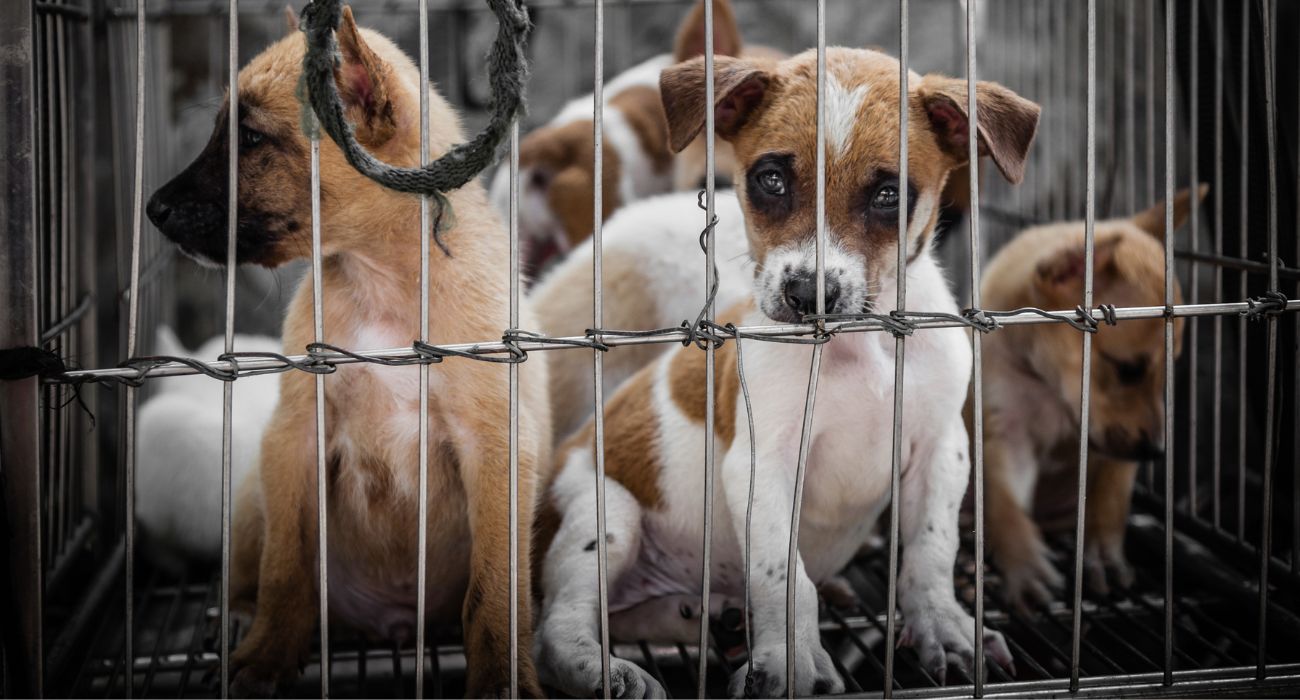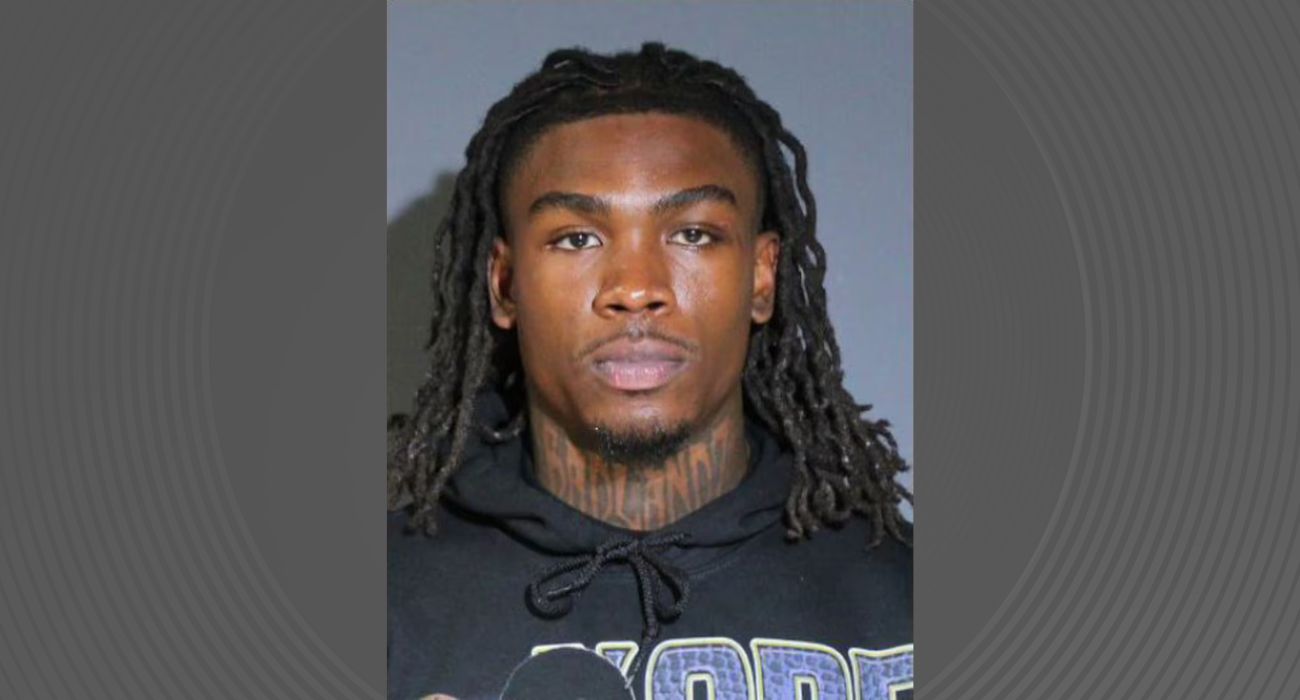Instances of animal cruelty are on the rise in Dallas, according to the Dallas Police Department (DPD), which cited a nearly 30% increase in reported incidents over 2021 year-to-date.
DPD briefed the Dallas City Council on the increase last Wednesday, having logged 125 cases through December 6, 28 more than were reported at the same time last year.
One incident occurred on October 26 on the 7100 block of East Grand Avenue, where a resident’s pet dog was killed. A brown and black shepherd mix was shot to death, and DPD is investigating the matter as a case of animal cruelty.
Shelby Bobosky, executive director of the Texas Humane Legislation Network and an animal law professor at Southern Methodist University, told The Dallas Express that animal cruelty became more common during the pandemic.
“During COVID, we definitely know that animal abuse increased because people were stuck at home with those who can’t speak –whether they were children or animals– and statistics show that animal abuse was on the rise,” Bobosky said.
The particular case of the brown and black shepherd mix that was shot to death happened very close to where Bobosky lives.
“That kind of violence is very disturbing when it’s happening in my own neighborhood,” said Bobosky, explaining that such behavior shows a wanton disregard for animals and people.
It is unclear whether the gunshot that killed the dog was a stray bullet or intentional. However, Sgt. Warren Mitchell of the DPD told The Dallas Express the dog belonged to somebody and was not a stray.
“We’re always concerned about these types of cases,” Mitchell said. “We’re working hard and utilizing witness testimony and social media.”
A DPD spokesperson further explained in an email to The Dallas Express that animal cruelty cases are investigated after someone reports them or a case is referred to the police by the Society for the Prevention of Cruelty to Animals (SPCA).
Animal cruelty cases are investigated the same way as homicides, according to the spokesperson.
“If an animal is found deceased and is suspected of being a victim of a cruel act, a necropsy will be conducted by a forensic veterinarian which is the equivalent to an autopsy for a human,” the spokesperson explained.
“Once the detectives have determined that an offense did occur through the investigation, the detective will prepare a prosecution report with an arrest warrant which is sent to the Dallas County Court where it’ll be assigned to a prosecutor in the Animal Cruelty Division.”
Bobosky said that Dallas is one of only 10 places in Texas that have a dedicated animal cruelty unit in its police force. She said the lack of animal cruelty units in Texas boils down to a lack of funding and understanding.
“It can be incredibly frustrating because we all know there’s a link between animal abuse and interpersonal violence, whether that is elder abuse or child abuse. It doesn’t matter if you’re in an urban setting or rural setting. Animal abuse happens everywhere,” Bobosky said.
For example, she referenced the Uvalde shooter, who uploaded videos of himself committing acts of animal cruelty. “He was torturing kittens and there were hundreds of views and not one person reported him,” despite his former classmates knowing that “he was abusing animals,” Bobosky said.
Bobosky said it is important to track animal cruelty because of its relationship with other forms of abuse and criminal behavior.
She acknowledged that animal cruelty cases are often difficult to prosecute because animals cannot speak, often die from abuse, and witnesses do not usually come forward.
Animal cruelty can be reported by calling 9-1-1 or 3-1-1 or visiting the following sites:
- SPCA of Texas | Report Abuse – SPCA of Texas
- District Attorney | Animal Cruelty Division (dallascounty.org)
- Dallas Animal Services (dallascityhall.com)
Any information about the case of the brown and black shepherd mix on East Grand Avenue can be reported to Detective H. Tamez, #8518, Dallas Police Department’s Animal Cruelty Unit, at (214) 671-0115.
If you wish to remain anonymous, you can call Crime Stoppers at (877) 373-8477.






